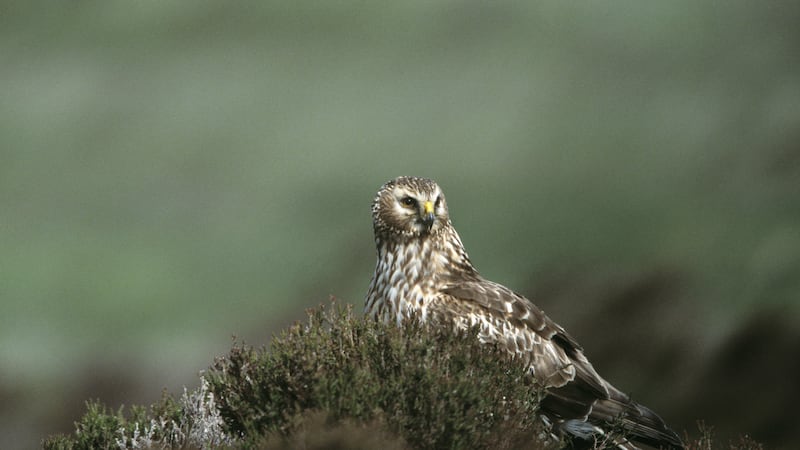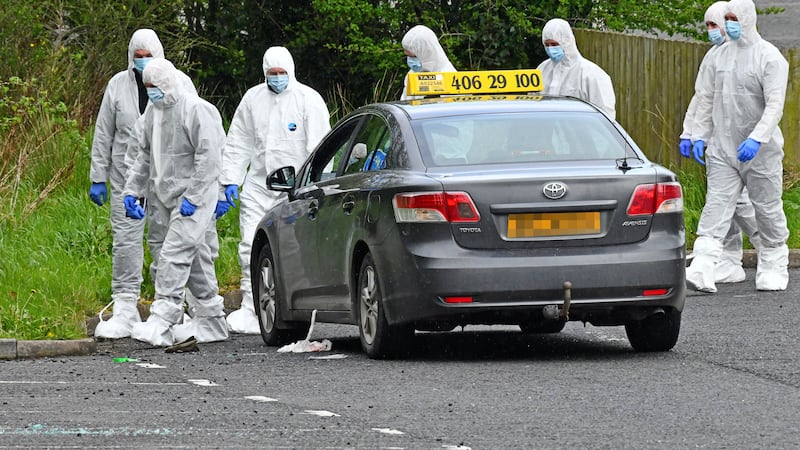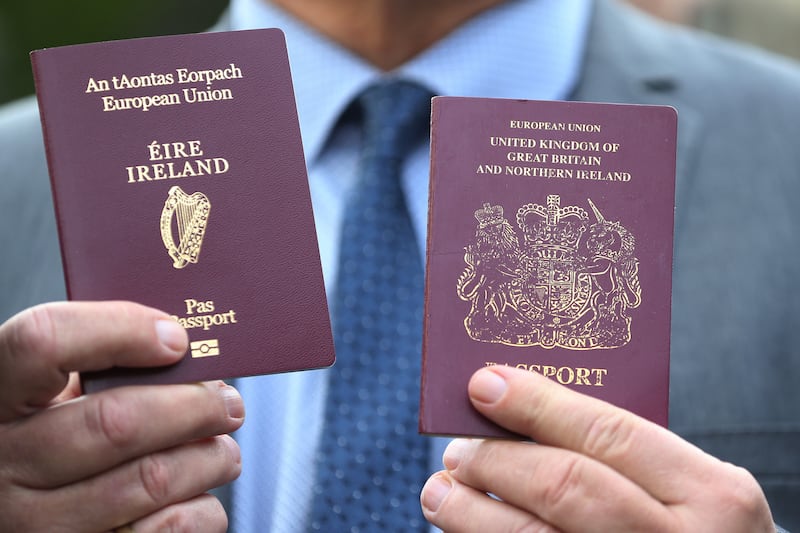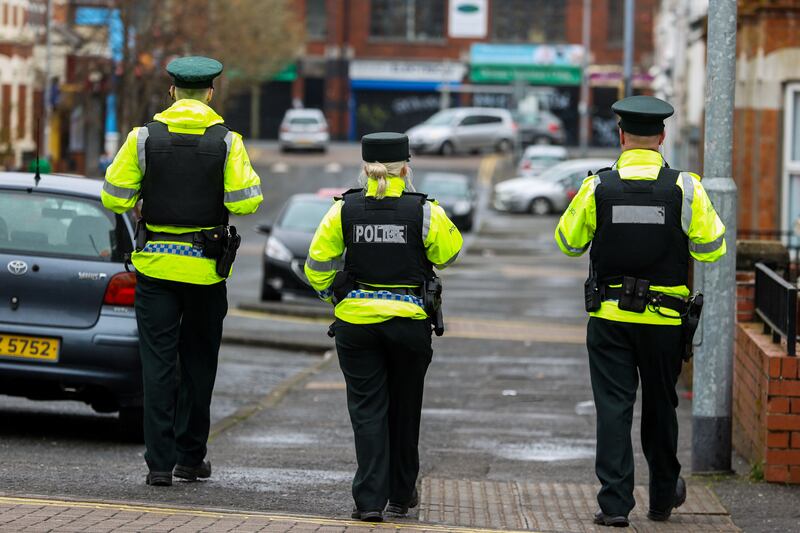Concerns have been raised after the hen harrier population in Northern Ireland was found to have dropped by more than a quarter.
The 2023 hen harrier survey in Northern Ireland found only 34 territorial pairs recorded in the region last year – a drop of over 26% since 2016.
The survey was conducted in partnership with RSPB NI, Northern Ireland Raptor Study Group (NIRSG) and the Department of Agriculture, Environment and Rural Affairs (Daera), as well as a team of volunteers, to understand more about the numbers and distribution of this rare species.
A 2011 independent Government report had previously estimated that there should be around 150 pairs of hen harriers breeding in Northern Ireland.
The NIRSG has described the hen harrier population in Northern Ireland as being under immense pressure from a range of land management activities and human-mediated threats.
The group said this has led to extensive and ongoing losses of suitable habitats and widespread disturbances at nesting and foraging habitats, and called for change.
Gregory Woulahan, operations director and head of land at RSPB NI, said the drop was a “drastic decline in numbers”.
“One of the main reasons for this decline was loss of habitat,” he said.
“This coupled with the landscape scale threats and pressures to the species means we need a coherent, practical and policy based restoration strategy for the needs of the hen harrier and its habitat.
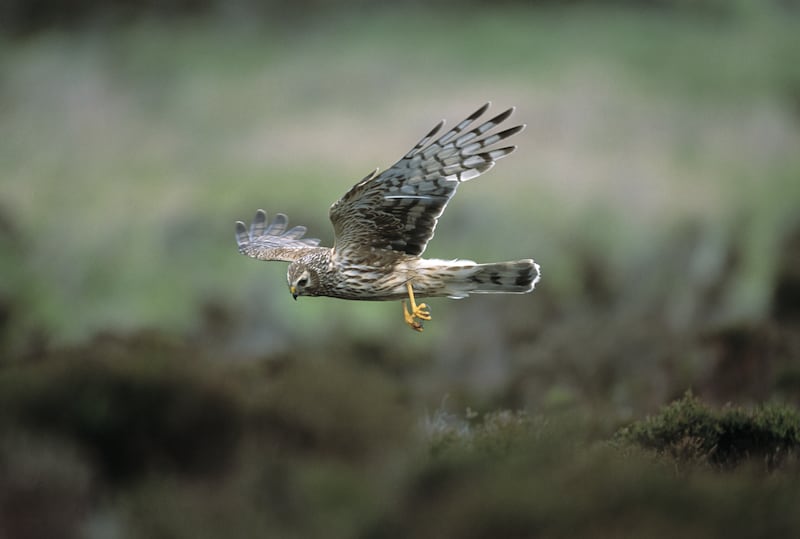
“Unfortunately, this recent decline mirrors a similar population decrease within the Republic of Ireland in 2022.”
He said the observations of the fieldworkers and the survey findings have shown that hen harriers and their habitats need greater protections.
He said support is needed to retain valuable and biodiverse scrub and heather habitats across the uplands.
“There needs to be landscape scale restoration of peatlands and habitats for this species and its prey,” he said.
“The devastating effects of wildfire and inappropriate land management needs reversed through robust policy and support for landowners, and wider awareness amongst the public to minimise disturbing activities.
“Whilst some population increases were recorded by the survey results in other parts of the UK, Northern Ireland and the Republic of Ireland have both exhibited substantial declines since the last surveys.”
Stormont Agriculture, Environment and Rural Affairs Minister Andrew Muir said landowners, farmers and other stakeholders must work in partnership to address the situation.
“I am concerned to learn of the declining population of hen harriers in Northern Ireland and appreciate there are several factors contributing to this including loss of suitable breeding habitats, habitat degradation, the climate, predation and wildfires,” he said.
“Action needs to be taken to stop the decline of this iconic bird, but it can only be achieved through working in partnership with landowners, farmers, Non-Governmental Organisations (NGOs) and all other stakeholders, to restore and enhance breeding habitats and appropriately manage activities which have the potential to cause disturbance and displacement.
“While the overall picture is not encouraging, I am pleased the survey showed that the number of hen harriers within the two designated Special Protection Areas, approximately half of the population, remained relatively stable since the 2016 census.”
The public have been asked to report any dead or injured birds of prey in suspicious circumstances that they see to police on 101, or 999 if it is an emergency situation.
If you have information about anyone killing birds of prey which you wish to report anonymously, call Crimestoppers on 0800 555111.
